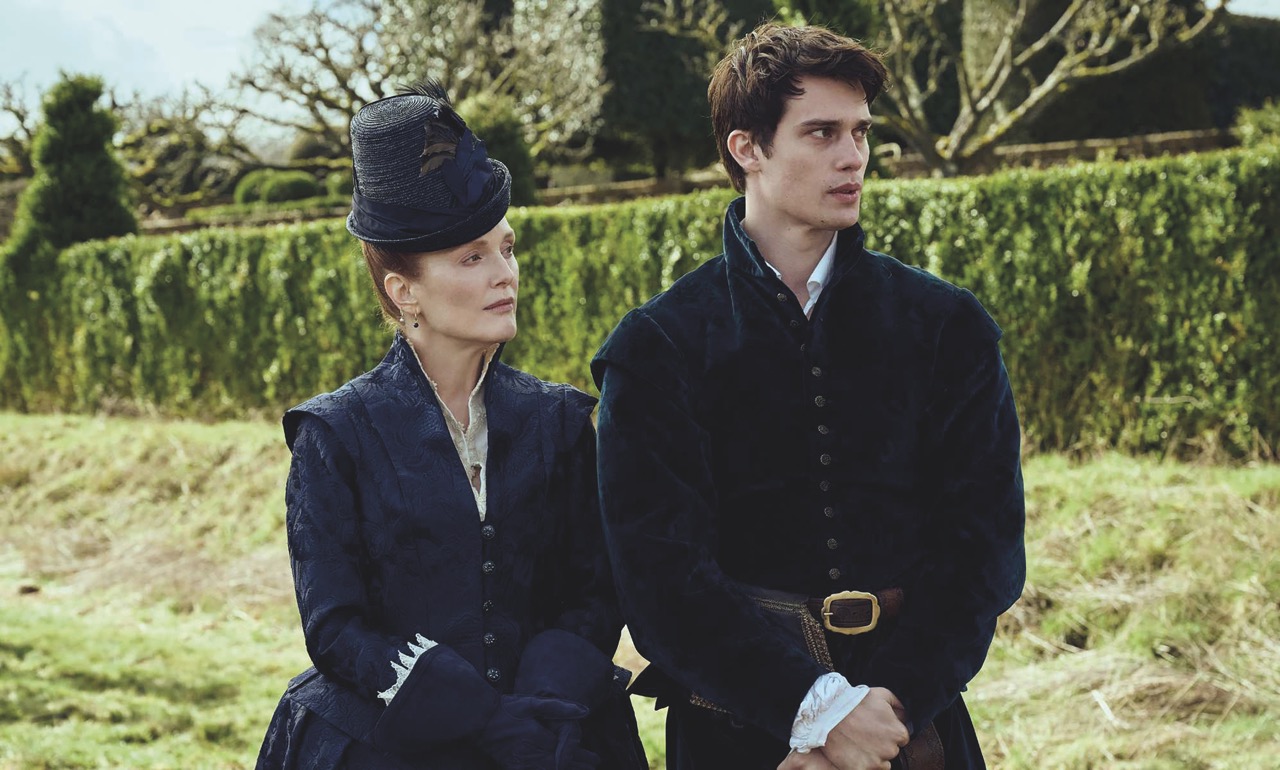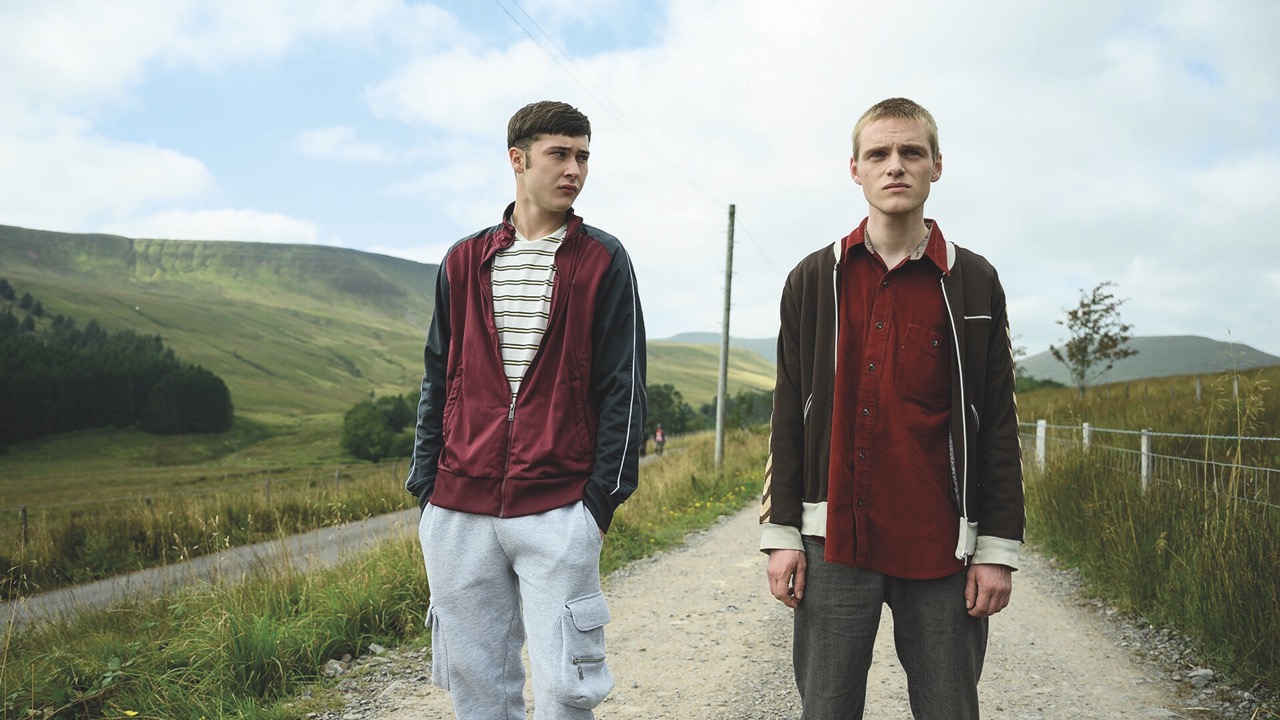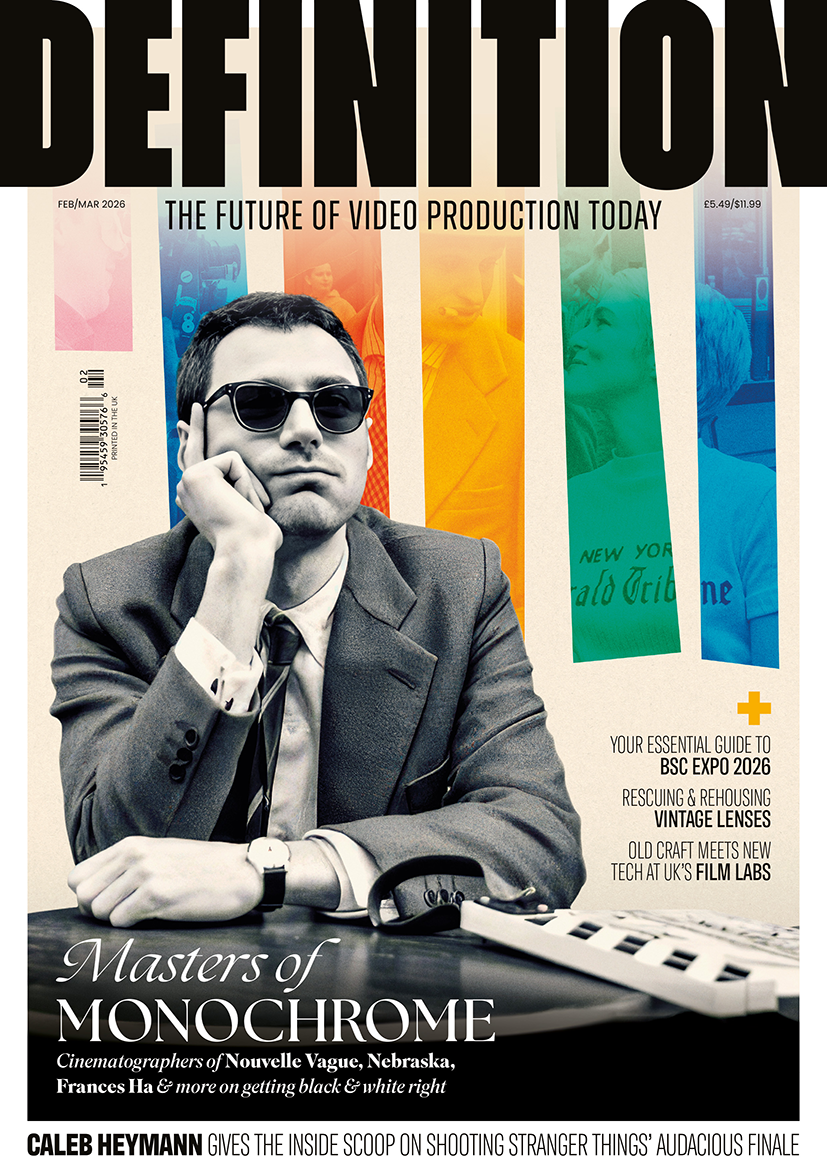
Dynamic duos: Paul Dingwall & Alex Winckler
Posted on May 4, 2025 by Admin
The two halves of this editor-director duo recall their collaborative journey, from Somewhere Boy to Mary & George and, most recently, Spent
Interview Katie Kasperson
Definition: Tell me about Somewhere Boy, which was the first project you worked on together.
Paul Dingwall: The producer approached me and said, “We’ve got this fantastic project – incredible director, incredible script – but for some reason, all of those elements aren’t generating something cohesive. Everything people responded to in the script, for some reason it’s not quite connecting on screen.”
Alex Winckler: Paul came in and made a few simple storytelling decisions, in terms of how we were shaping the material, that suddenly made the whole thing sing. I think that forged this unshakeable bond of trust in Paul’s judgement and taste.
PD: Alex had been on a journey with the project until that point. We were both uncertain of whether we would match up creatively. Watching his rushes, I could feel his sensibilities; we turned out to be on the same wavelength from the jump.
Def: What else have you collaborated on, and what’s unique about your shared filmmaking style?
PD: The next project we did together was a show called Mary & George, which was very different in scale. I knew that was my opportunity to re-engage with Alex’s work and make him trust me all over again. You sing a song and see if that person wants to harmonise with it or says ‘actually, no, change the instrument’.
AW: How Paul likes to work – and I like to work – is by watching something, then saying ‘how did that make you feel?’ It’s that simple. You’ll recut the episode and go, ‘I found myself getting pissed off with that character in this version’, ‘I found myself being moved by that moment’ or ‘I got lost here, I found myself getting bored, why was that?’ It’s the emotional reaction first and the ideas second.
PD: On Spent, we printed off little thumbnail images of every scene and put it on a wall. Each morning, Alex would come in and we would just stare at the wall together. We might go, ‘I don’t know, I’m not feeling it’. So Alex might go off for lunch, then come back and say ‘right, I’ve got it’, and we’ll try it again.

Def: Have you ever faced a creative difference or disagreement, and how did you handle it?
AW: I think the closest we have ever come to disagreeing was on a couple of episodes of Mary & George. There was a scene that Paul really believed had some value. I was scared of disagreeing with him, but I remember at a certain point going ‘I think we have to cut this’.
PD: I was like ‘no, but it’s got this thing in it’. However, in an editing environment, the best idea will win, and you have to concede sometimes.
AW: There was another scene when Paul was the lone voice saying ‘you can’t cut this, it’s so important’. So we said ‘if Paul’s that convinced about keeping it, leave it in’. Then we look back after it’s released and we’re all thinking ‘how on earth could we have ever thought about cutting that scene?’
Def: What do you enjoy most about working with one another? what makes you such a great team?
AW: I have confidence when Paul’s looking at the rushes that it’s the best it can be; there’s not some better version of it lurking in there. You get editors who are almost too respectful of the rushes, and don’t make choices. They try to put it all in, and it’s a disaster. Paul is a gentle, kind soul, but as an editor he’s quite aggressive and assertive. I think that’s a real strength.
For example, I’d never used split screens much, but while getting into the online for Somewhere Boy my jaw was on the floor because the online editor was going ‘you’ve got a split screen here, and another one there’. Paul had done all this labour-intensive, technically challenging work without mentioning it. He’d decided that’s what we need the material to do.
PD: The thing I love about Alex’s work is his instinct and his feeling about things – it’s so emotionally right. You can’t argue with it because it feels profoundly true to the character or the story.
When you find somebody like-minded, it’s like playing with a tennis player who’s better than you; you know you can improve. Working with Alex is like that. That’s what makes it a special experience. I know that, whatever project we attack together, I’m suddenly going to build muscles I didn’t have before.
Learn about other dynamic duos in this interview with J Blakeson and Philipp Blaubach.
This article appears in the April 2025 issue of Definition









